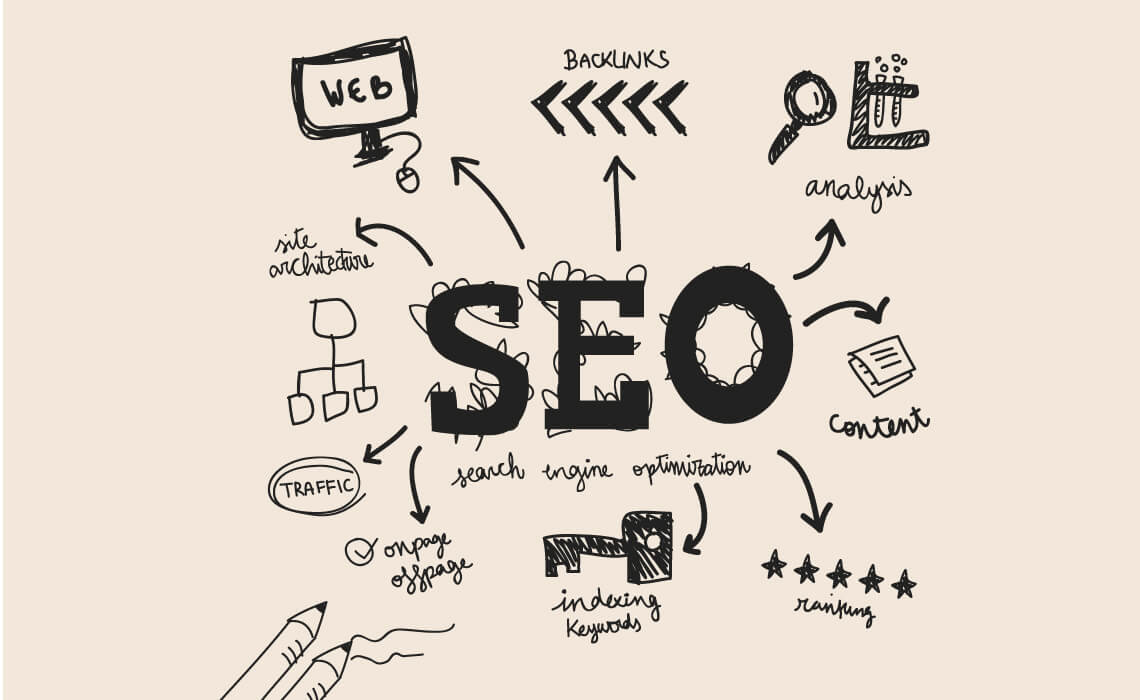Search Engine Optimisation is perhaps one of the fastest evolving fields of digital marketing. Being the most impactful service, expertise in SEO is one of the most sought after things in today’s market. Even if you’re a beginner and the learning journey seems long, there are a few SEO checklists that can help you get started, especially when it comes to on-page SEO and technical SEO.
There are three basic types of SEO, and among all, off-page SEO has gained a lot of attention in the last few years. But, there is no point focusing on something such as link-building if your on-page SEO fundamentals are not in check.
Whether you’re working on your own page’s optimisation or you’re an SEO agency just starting out, here is an on-page SEO cheat checklist that can help you.
High-Quality Content.
Make sure your content is of great quality through the lens of Google’s E-A-T framework, which stands for Expertise, Authoritativeness, and Trustworthiness. Google’s SEO rankings are correlated to the quality of your content.
Title Tag
The HTML tag is the first clue of what your page’s content is. It is true that the impact of the title in SEO may be little. But missing, duplicate, or poorly-written title tags can all negatively impact your SEO results.
Headline
Compelling headlines can improve your click-through and intrigue users to read your content. The more users you have coming to your page, the higher it would get ranked.
Header Tags
Header tags are HTML elements (H1-H6) that identify headings and subheadings. They differentiate them from other types of text like your paragraph text. Header tags help your readers navigate your page’s content and also help your SEO.
Blog Writing
One of the oldest strategies in the book – blog or SEO writing. When you write blogs, you shouldn’t just write for the sake of it but keep both search engines and users in mind while brainstorming ideas.
Don’t Over-Use Keywords.
Keywords can help, but sprinkling them on every page can have self-harming consequences. For one, Google hates “keyword stuffing”. Two, overused keywords across your pages will lead to pages competing with one another.
Re-evaluate Existing Content
As you create new content, make sure you keep combing through old content to ensure it’s optimisation. Remove stale and irrelevant content and learn from your old content to improve the future one.
Image Optimisation
Using lots of images can help make your page attractive. But the use of poorly optimised images will slow your page down and also mean poor SEO rankings.







